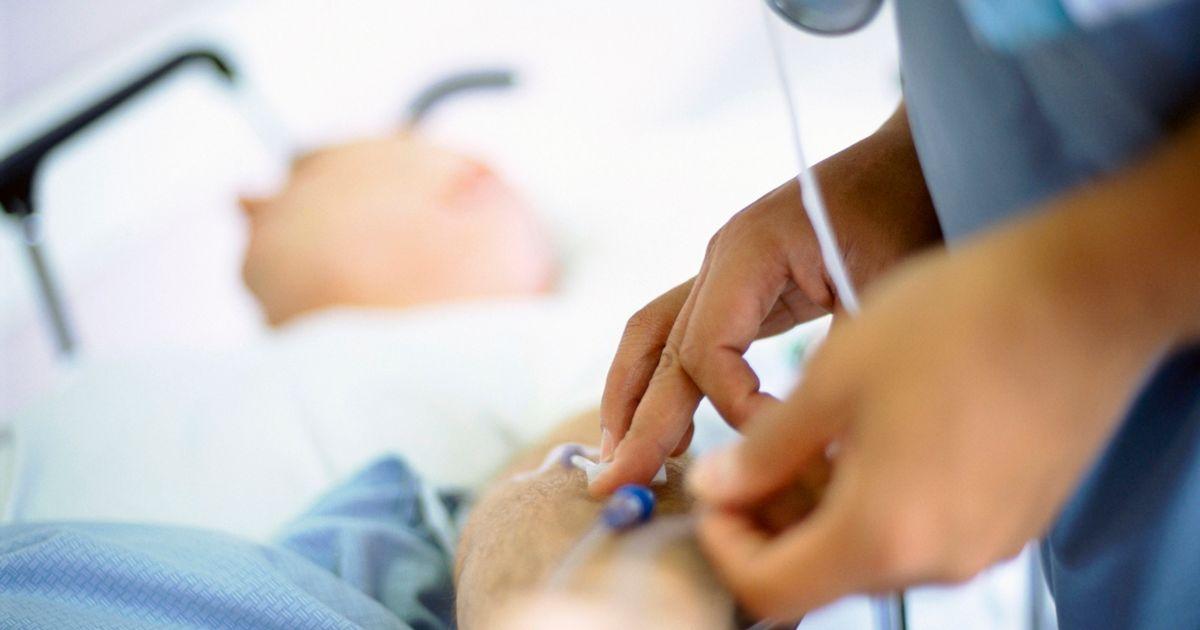Options To Treat And Prevent Insulin Shock
Administer Glucagon

Glucagon is a medication given as an injection and works to raise extremely low blood glucose levels. It is considered an emergency medicine and is used for patients in insulin shock who are unconscious or who cannot consume oral glucose. Diabetes patients who are prone to insulin shock may be prescribed glucagon to have at home, and both they and their family members will be trained in how to use it. For certain patients, doctors may suggest they carry a glucagon emergency kit with them at all times. Emergency medical personnel can also administer glucagon in the ambulance or at the hospital. Glucagon comes as a powder that must be mixed with a liquid to create a solution for injection. The solution can be injected under the skin, into a muscle, or a vein. After the glucagon is given, the patient should be turned onto their side to prevent choking if vomiting occurs. Caregivers or family members should call the patient's doctor or the emergency services. Glucagon side effects include nausea, vomiting, rash, and itching.
Discover another option for treating insulin shock now.
Practice Caution After Exercise

Diabetes patients should be particularly mindful of any symptoms they experience during or immediately after exercise. The period immediately following a workout is one of the most likely times for insulin shock to occur. Patients may wish to check their blood glucose levels after they finish their activity. They should also try to eat something shortly after their exercise session. Fruit, granola bars, or crackers may all help.
Before beginning a new exercise regimen, patients should speak with their physician to make sure it is safe for them to exercise. Doctors can recommend types and intensity levels of exercise that are safe for patients. They can also advise patients on an appropriate eating and medication schedule that can minimize the risk of insulin shock. Patients may wish to work with a personal trainer or exercise at a gym; this way, others will be around to help in case insulin shock occurs. Patients should take special care to avoid exercising outdoors in extremely hot or cold weather. Both warm-up and cool down periods should be incorporated into every physical activity session. Patients should always allow themselves a few minutes of rest before starting their next task as a way to exercise caution.
Uncover the next prevention option for insulin shock.
